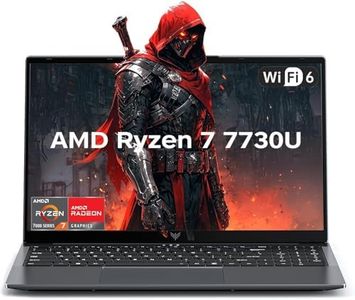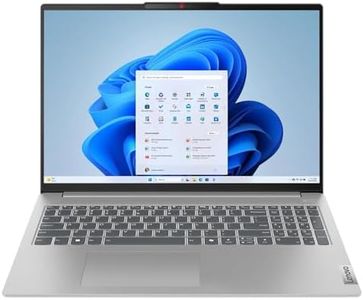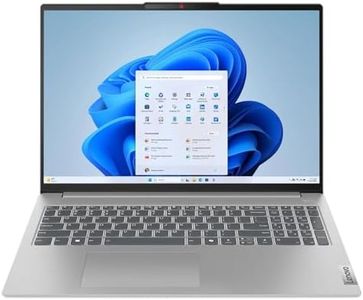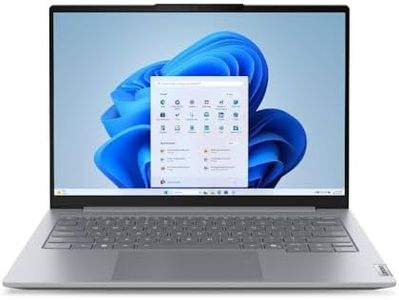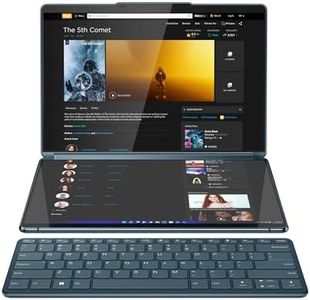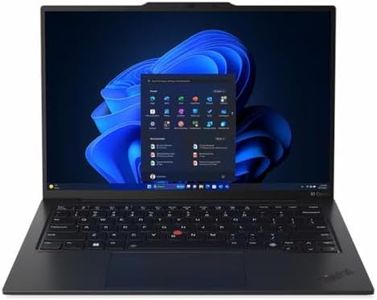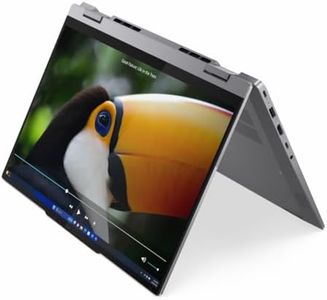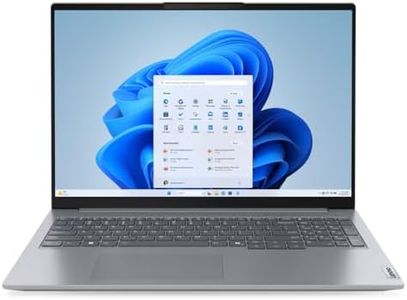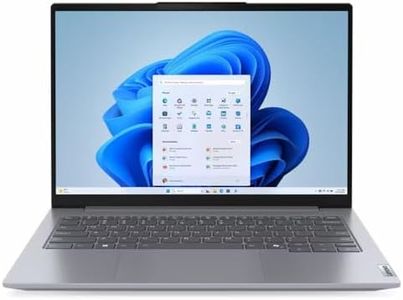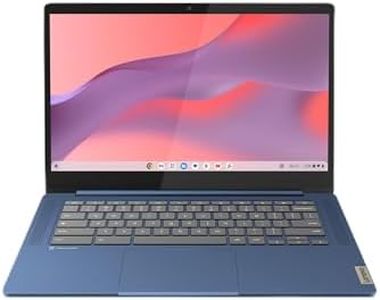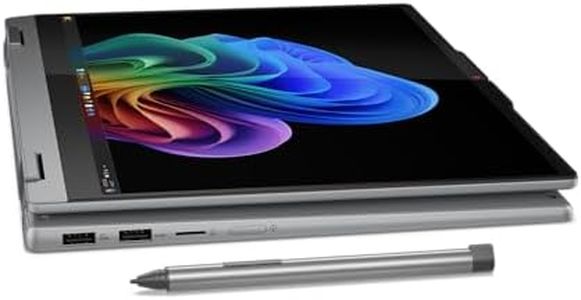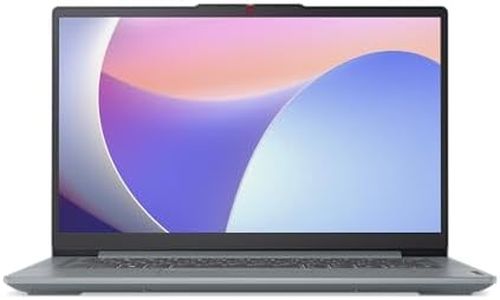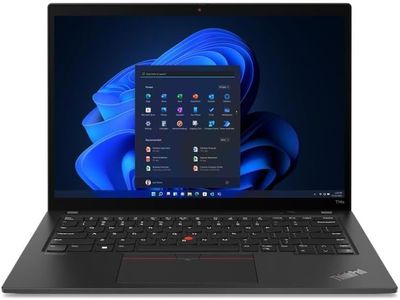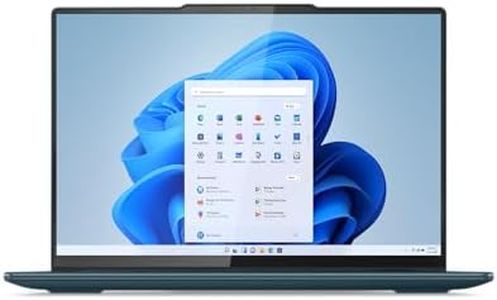We Use CookiesWe use cookies to enhance the security, performance,
functionality and for analytical and promotional activities. By continuing to browse this site you
are agreeing to our privacy policy
10 Best Lenovo Laptops
From leading brands and best sellers available on the web.By clicking on a link to a third party's website, log data is shared with that third party.
Buying Guide for the Best Lenovo Laptops
Choosing the right Lenovo laptop might seem overwhelming because of the many options available, but with a clear sense of your needs and an understanding of key features, you can make a choice that fits your lifestyle. First, think about how you’ll use your laptop: will you mostly be browsing the web and using documents, or do you need something powerful for creative work or gaming? Consider how portable you need your laptop, how long you need the battery to last, and whether certain features, like a touchscreen or a high-quality keyboard, are important to you. Let’s explore some of the most important specs you’ll see while shopping for Lenovo laptops and how to choose the best combination for your needs.Processor (CPU)The processor, often called the CPU, is like the brain of your laptop. It handles everything from opening apps to running programs. Faster processors mean your laptop can handle more tasks at once and work smoothly, especially for demanding activities like photo or video editing or gaming. Typically, processors are described by their series (Core i3, i5, i7, Ryzen 3, 5, 7, etc.) and number of cores. Lower-end processors (Core i3, Ryzen 3) are fine for web browsing and basic work. Mid-range (Core i5, Ryzen 5) are better for multitasking and work tasks. High-end (Core i7/i9, Ryzen 7/9) are best for heavy-duty use. If you mainly use your laptop for browsing, emails, and office documents, a basic processor is enough. For creative work, multitasking, or gaming, choose a mid- to high-end CPU.
Memory (RAM)RAM is your laptop's short-term memory, letting you run multiple programs at once without slowing down. More RAM makes your laptop run smoother, especially if you use many apps at the same time or keep many browser tabs open. RAM is usually measured in gigabytes (GB). 4GB RAM works for basic tasks, 8GB is standard for most users, and 16GB or more is good for heavy multitasking, creative work, and gaming. If you tend to work with lots of files or software at once, aim for at least 8GB or more.
Storage (HDD/SSD)Storage is where your files, programs, and the system itself are saved. There are two main types: HDD (hard disk drive) and SSD (solid state drive). SSDs are much faster, making your laptop boot and load programs quickly, while HDDs offer large storage at a lower cost but are slower. Storage is measured in gigabytes (GB) or terabytes (TB). A 256GB SSD is enough for most users focused on speed and don't save huge files. For lots of photos, videos, or games, consider 512GB or 1TB. Pick an SSD for speed unless you need lots of space at a lower cost.
Display (Size and Resolution)The display is what you look at all day, so size and clarity matter. Screen size is measured in inches, diagonally. Smaller screens (13-14 inches) are more portable, while 15-17 inches provide a bigger, more comfortable view for work or entertainment. Resolution, like Full HD (1920x1080) or higher, affects how sharp the picture looks. Higher resolution means more detail. Choose a smaller, lighter screen if you travel a lot; for office work and movies, a larger screen with at least Full HD is better.
Battery LifeBattery life tells you how long your laptop can run on a single charge. It’s measured in hours, but real-life usage may vary. Basic models usually offer 4-6 hours, while more efficient laptops can last 8-12 hours or even more. If you move around a lot or work away from power outlets, go for longer battery life. If you mostly use your laptop at a desk, this matters less.
Weight and PortabilityThe weight of a laptop affects how easy it is to carry. Lighter laptops (under 3 lbs) are best for frequent travelers or students, while heavier models (over 4 lbs) usually come with larger screens or more features. If you’ll carry your laptop every day, opt for something lightweight and compact. If it stays mostly at your desk, weight is less important.
Keyboard and Build QualityLenovo is known for its keyboards, but models vary. A comfortable keyboard matters if you type a lot, and some people prefer backlit keys for working in low light. Build quality, or how sturdy the laptop feels, matters for durability especially if you'll travel with it. If you type a lot or want your laptop to last, look for a strong, comfortable keyboard and solid build.
Ports and ConnectivityPorts allow you to connect devices like USBs, headphones, or external screens. Some laptops have fewer ports to be slim and lightweight, while others provide more connection options. Make sure the laptop has the ports you’ll need for your devices, such as USB-C, HDMI, or a headphone jack. If you use a lot of accessories or external displays, pick a model with more ports; for basic use, fewer ports may be fine.
